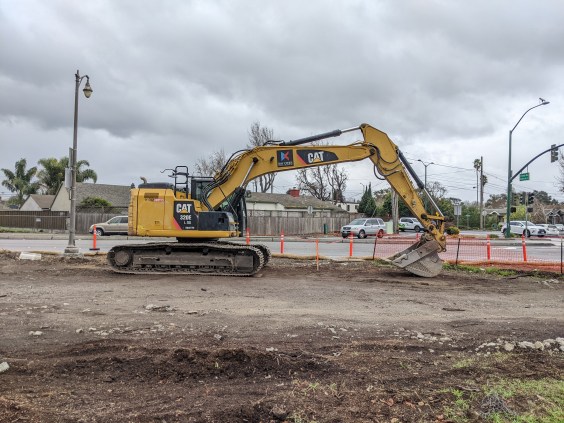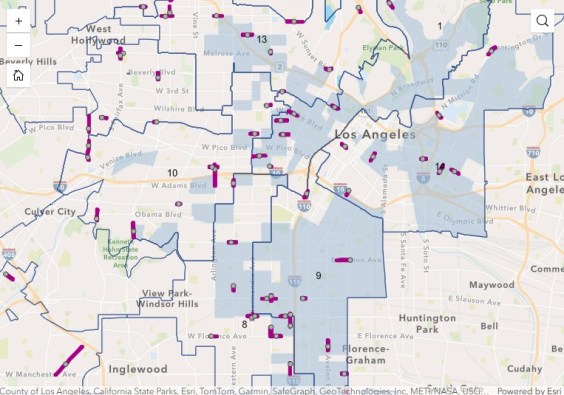America's late-shift workers are wasting their wages on car costs or ride-share services because public transit in their cities isn't running overnight, a new study shows.
The American Public Transportation Association wanted to understand how a lack of transit has shortchanged some of the most vulnerable workers in the workforce. They found that late-shift workers are 40 percent less likely than 9-to-5 workers to use mass transit to commute to their jobs.
Instead, these workers must pay through their teeth to have a car in their household.
"These people don't make very much money,"APTA Director of Policy Development and Research Darnell Grisby told Streetsblog. "Housing is biggest cost households have followed by transportation. If you combine this with the affordability crisis with housing we're putting a lot of pressure on these families. They essentially have no money left."
Owning a car can cost $737 per month or upward of $8,849 annually, according to a 2018 AAA estimate. That's 31 percent of their income toward operating a vehicle; costs climb to 42 percent if they're leasing a vehicle, the study found. Mass transit by comparison only costs an average of $77 per month, or a mere 3 percent of their income, the study found.
The problem affects a large number of people. One in four Americans gets paid for work they do between the hours of 10 p.m. and 6 a.m., and 17 percent of workers in the country's major metropolitan areas report to their jobs between 4 p.m. and 6 a.m., American Community Survey data shows.
They're also predominantly black and Latino. People of color represent 52 percent of late-night workers who are on the job from 10 p.m. to 3 a.m. — compared with only 39 percent of the daytime workforce and 45 percent of evening and early morning shifts.
Late-shift workers generate $812.6 billion in annual wages and are employed by some of the fastest growing industries in the country, including food services, entertainment, health care, and administrative and support services. Yet, for their extraordinary efforts, they earn $5,000 less than their daytime peers. That amounts to an average salary of $30,000 per year, or about $375 per month, the study found.
Because train and bus systems typically do not run on a 24-hour schedule, these workers must make difficult choices — dip into their paychecks to buy or lease a car or endure hellish commute times.
Few rely on buses and trains. Only 3.8 percent of third-shift workers who are on the job between 4 p.m. and 6 a.m. took public transit — compared with 6.5 percent of daytime workers. Late-shift straphangers took an average of 48 minutes to get to their jobs. Those at work between 10 p.m. and 3 a.m. had public transit commutes as long as 53 minutes — while a car would slice their commute in half, the study found.
Solutions to making transit more accessible vary by locality — but extending the hours of subway, light rail, and bus service is a good first step.
The APTA also would like to see more late-night transit pilot programs, dedicated overnight bus routes that mirror daytime routes, and public-private partnerships with ride share companies and companies who employ third-shift workers to invest in on demand services.
Federal and state investment in infrastructure would help, too. It could cost $90 billion to $100 billion to bring the nation's transit system to a "state of good repair" and much of that work is done on nights and weekends.
"It's part of an ongoing conversation the nation is having for inequality, how do we present the best opportunity for people to advance and have a shot at the American Dream," Grisby said. "The lack of public transportation funding is an impediment to their advancement."






